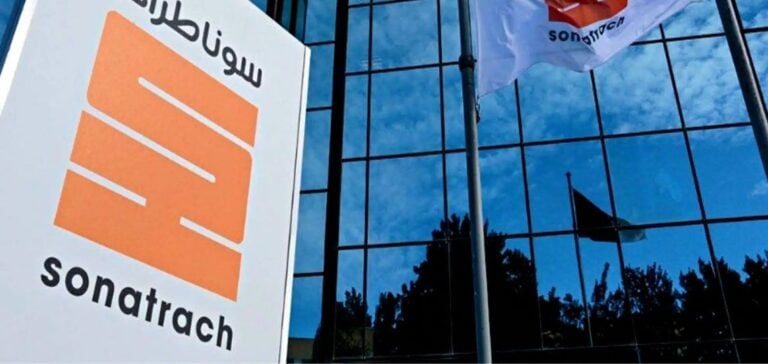By strengthening its influence in the European energy market, Sonatrach, the Algerian oil and gas giant, has taken a significant step by establishing a partnership with the Czech Republic for the delivery of natural gas. This agreement represents a strategic advancement for both parties: Sonatrach is expanding its distribution network in Europe, while the Czech Republic diversifies its energy supply sources to reduce its dependency on Russia.
The agreement, which began its implementation in mid-October, allows the Czech company ČEZ Distribuce to receive an annual volume of gas sufficient to supply approximately 100,000 Czech households. Although the exact details of the volume and delivery frequency have not been disclosed by Sonatrach, the Czech Ministry of Industry and Trade highlighted that this new gas source will cover about 2% of the country’s annual consumption.
Objective of energy diversification for the Czech Republic
In a context where the Czech Republic and many other countries in the eurozone are looking to reduce their dependence on Russian imports, the agreement with Sonatrach is part of a broader strategy for energy security. In addition to German and Norwegian sources, Algerian gas provides additional security for a European Union (EU) member state particularly exposed to supply fluctuations.
For Daniel Beneš, CEO of ČEZ, this partnership marks the culmination of two years of negotiations that reflect the Czech Republic’s determination to strengthen its energy independence. This agreement with Sonatrach could also pave the way for future collaborations with other non-European suppliers, thus integrating more diversity into Czech supply management.
Sonatrach’s strategic expansion in Europe
In Algeria, Sonatrach views this contract as a significant milestone in its European expansion strategy. Already ranked among the main suppliers of liquefied natural gas (LNG) in Europe, the Algerian company is now diversifying its portfolio by targeting new markets. According to Sonatrach officials, this initiative should strengthen its reputation as a reliable, long-term supplier, thus helping to stabilize Europe’s energy supplies.
This partnership is added to a series of recent successes for Sonatrach, which is also establishing itself in the American, Indian, and Brazilian markets. The Algerian government, in its hydrocarbon export strategy, plans a 2.5% increase in production next year, aiming for an annual production of 206 million tons of oil equivalent (TOE). This effort is intended to meet growing global demand while supporting the Algerian economy.
A long-term vision for European energy security
For the Czech Republic, this diversification of energy supply sources represents an opportunity to increase its resilience to potential geopolitical tensions. Indeed, the desire of many European states to turn to alternative suppliers reflects an awareness of the importance of energy security as a pillar of economic stability.
As for Sonatrach, this new breakthrough could mark the beginning of an expanded collaboration with other EU countries, particularly those seeking to substitute part of their Russian imports. This success could also encourage other natural gas producers in the North African region to adopt a similar approach, thus helping to reshape the European energy map.





















